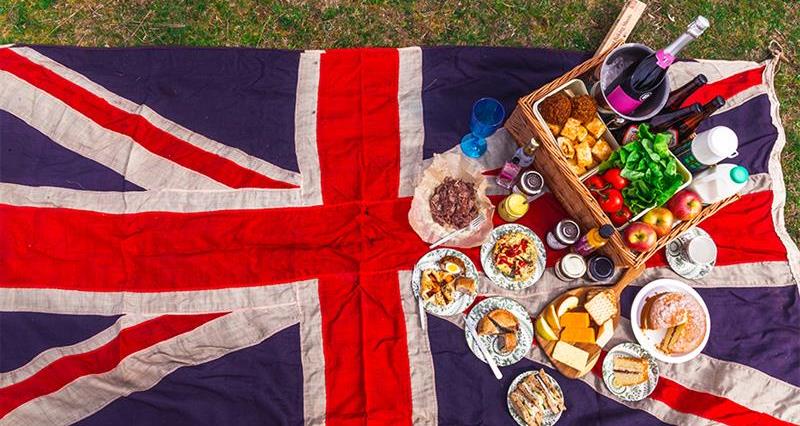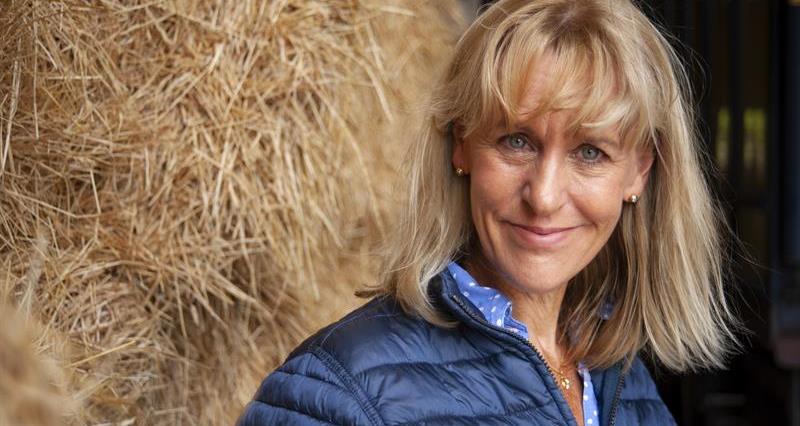The NFU has led the campaign for all food imports to be produced to the same high standards as British farms in every future trade deal the UK agrees to.
More than one million people signed our petition earlier this year urging the UK government to put this into law.
This has helped pave the way for the commission.
New Trade and Agriculture Commission
The Trade and Agriculture Commission, made up of independent food, farming and environmental experts from across the UK, will advise the government on the impact of any future trade deals in a report that will be laid before parliament before any deal is ratified.
The report will focus on the impact on animal welfare and UK agriculture.
Politicians will have 21 days to scrutinise, debate and vote on the findings before any deals are approved by parliament.
Important role
The standard to which food is produced in Britain is enshrined in UK law.
However, the UK does not have any power over the laws in other countries. This is where the Trade and Agriculture Commission's role is so important.
The group of food and farming experts can scrutinise any trade deals and make recommendations so that MPs can act before any deals are ratified.
Stronger voice for farmers
The government has promised to put the commission on a full statutory footing (ie in law), meaning that each trade deal must be subject to a report from the commission, giving farmers a stronger voice in UK trade policy.
The report will be laid in parliament under the terms of the Constitutional Reform and Governance Act.
The legislation is also set to be in both the Agriculture Bill and the Trade Bill before the end of the EU Exit transition period, which is due to be 31 December 2020.
Blanket restriction rejected
MPs have repeatedly voted against a blanket restriction on food imports produced to standards that would be illegal here, despite the loud voices of many campaign groups.
However, the commission gives British food and farming experts the opportunity to formally advise the top levels of government as they negotiate trade deals.
Crucially, this will happen before any deals are ratified.
It also gives these experts the chance to offer solutions and identify the most suitable ways of safeguarding standards, via legislation if necessary.
Highlighting double standards
The commission will make it abundantly clear where trade deals could be letting in food imports that would be produced to standards that would be illegal here.
And even more importantly it offers some solutions to what is likely to be a very complex negotiating process for the UK government.
The commission's findings will be made public.
We must then trust the democratic process and elected representatives to back British farming.
There is a possibility that, given the government has a significant majority, it could whip the vote and ignore the recommendations so that trade deals are passed into law.
But it is also very possible that they will listen to the commission as it aims to help the UK government as it acts in the best interests of the country.
More support needed
This issue is far from over and there is more still to do.
Dozens of trade deals are set to be struck in the coming months and years.
We'll need our farmers and campaign supporters to keep highlighting the importance of high food standards and to help MPs understand how much we all care about the food on our plates, the animals we look after and the countryside we all treasure.
Putting trade deals under scrutiny
Far from hampering our trade deals, the commission will give parliament the chance to properly scrutinise trade deals for both the opportunities and the risks.
By defending British farmers and supply chains now it gives the UK government the opportunity to create trade deals that benefit British food producers, the public who value the food on their plates, our animals, the environment and the wider UK economy.
The NFU's director of EU exit and international trade, Nick von Westenholz, has also been appointed to the government’s STAG (Strategic Trade Advisory Group), a forum for government to engage with industry experts on the UK’s future trade policy.
The appointment of an NFU representative to the group means that British farming’s voice will be heard at the highest level throughout trade negotiations and can ensure opportunities that arise from the UK’s global trading future can be realised.
More from NFUonline:


